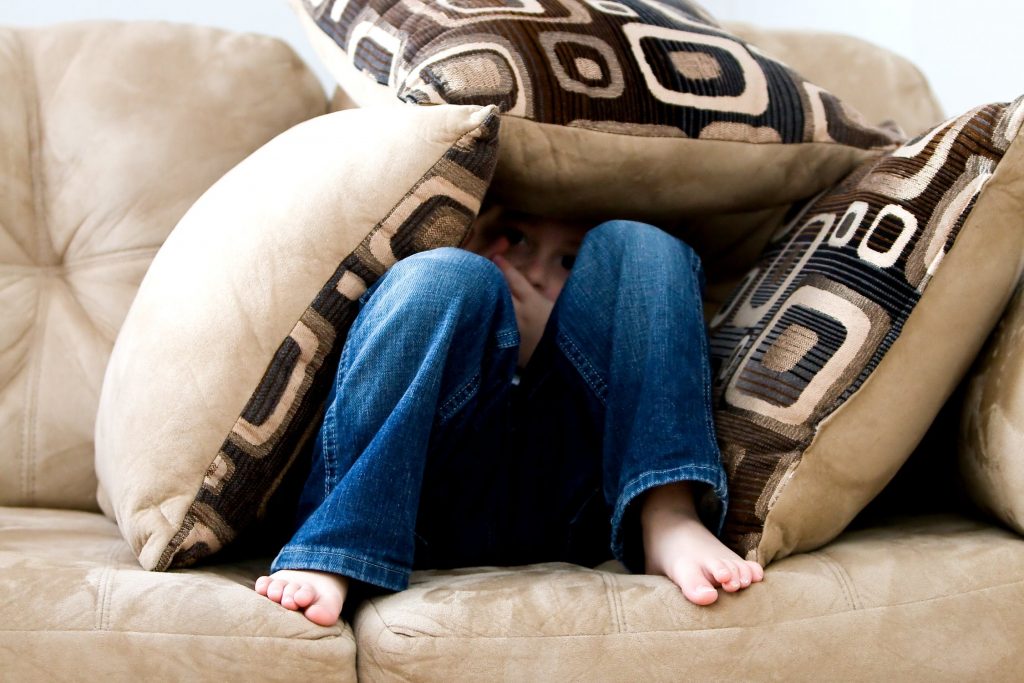Negative language can greatly impact children and you as parents in a bad way, so this article aims to address why it’s important to use positive language and how to do it.
Negative language creates stress for both you and your children
After a long day at work when you’re making dinner and your children are full of energy, it can be really tempting to use words such as ‘stop doing that’ or ‘don’t say that’ or ‘leave your brother/sister alone’ but what this is doing is actually creating more stress.
For your children, negative language like this creates confusion for them. They don’t know why you want them to stop doing what they are doing and what to do instead. As well as confusion, this can also make them feel discouraged that they can’t do anything right, leading to internal resistance where they continue to behave badly or low self-esteem as they develop. Ultimately, this can lead them to feeling like there is no point in even trying to do ‘right’ at all.
For you as the parent, feeling like your children aren’t listening can be very frustrating. It can lead to you becoming angry as you keep repeating what you don’t want them to do, especially if they seem unphased by your stern voice and they return to the same behaviour, and this leads to a stressful house environment.
Children respond to any form of attention, so the fact that they are getting attention when they are behaving negatively can create the need to continue to behave in this way.

Use positive language as much as possible
If you want less stress and better behaviour, you can avoid most back-talk, tantrums, and daily power struggles just by using positive language. Positive language clearly shows your children what you want them to stop doing and what you’d like for them to do instead.
This can be difficult to master, especially on those bad days where you are stressed and overworked yourself, but take a deep breath and put more thought into your reactions.
Here are a few ways that you can reframe typical negative phrases into positive ones:
- Stop running in the house –> Please walk in the house, I wouldn’t want you to have an accident. If you want to run, let’s go in the garden.
- Don’t take your sister’s toys –> Can you please find something else to play with until she’s done?
- Stop yelling –> Please use your inside voice, there’s no need to shout.
- No throwing balls in the house –> You can take the ball outside to play if you’d like.
- No hitting –> Be gentle please, use your gentle hands.
- Stop Whining –> Please use your words so I can hear you.
- Don’t throw sand -> Would you like to fill this bucket with sand?
- Don’t even think about running, I’m watching you! –> I’m so glad to see you remembering to walk safely down the hall, well done.
Do you see the difference?
It can be very hard to get used to at first but as soon as speaking in a more positive way becomes a habit, you’ll soon see that your children will behave better and they will start to talk to each other positively too.

Try it. Write down a list of phrases that you say regularly, and find new ways of phrasing ‘no,’ ‘stop’ and ‘don’t’ in a positive way.
Create a stress-free home
Positive reinforcement creates a positive culture within the house environment. Pre-empt situations by planning ahead and giving your children things to do when you know you will be busy doing other things.
Using positive language around your children gives them clear guidance about what good behaviour means to you without making them feel confused or bad about themselves. It may be difficult to master but it will also mean a much easier and stress-free time for you too as they grow into the fantastic adults that you know they can be!
At Schoolhouse Daycare, we enjoy learning, encouraging confidence and we love life! If you think your child would enjoy life at Schoolhouse, then please do not hesitate to arrange a visit.

